The Centers for Disease Control and Prevention (CDC) has issued new guidelines for covid-19 vaccines for those adults at typical risk of infection. Americans will be eligible to receive a Covid -19 booster starting 8 months after they received their second dose of the Pfizer or Moderna vaccine. The goal is to begin booster shots for those who were among the first to receive Covid-19 vaccination, including healthcare providers, residents of long-term care facilities, and other older adults.
The Covid-19 vaccines continue to work very well to prevent severe illness, hospitalization, and death, even against the widely circulating Delta variant. Booster shots are now recommended because public health experts are starting to see reduced protection against mild and moderate disease. The booster shots should help vaccinated people maintain protection in the coming months.
When should you get the booster shot? Most Americans still have a high degree of protection from the worst outcomes of Covid-19, and there are no data that suggest that you benefit from having the additional dose of vaccine before your immunity levels begin to drop. Getting a booster shot too soon may be counterproductive, since those who wait may extend their immune protection further. Side effects from the booster vaccines, expected to be similar to those experienced with the primary course—most commonly fever, fatigue, and arm pain—may be more likely when the boosters are given early.
Contact your health professional for guidance about when you should get a booster vaccine.

